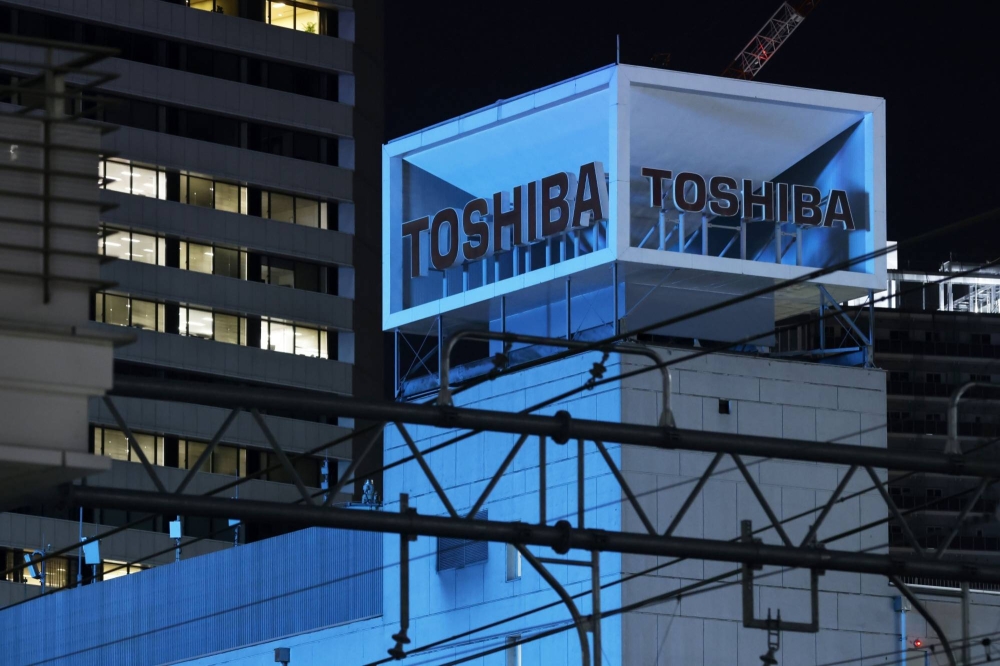Toshiba and Rohm said on Friday that they would invest ¥388.3 billion ($2.7 billion) to jointly produce power chips, the first collaboration since Rohm’s participation in a $14 billion buyout of Toshiba.
The latest partnership is what the industry ministry has hoped for out of concerns that the country’s power chip industry is too fragmented to catch up with industry giant Infineon Technologies.
The ministry separately said it would subsidize up to ¥129.4 billion, or a third of the total investment, as part of an effort to help the domestic power chip industry retain its competitiveness.
Power chips efficiently control electric power in cars, electronic devices and industry equipment. The ministry expects the global power chip market to grow to ¥5 trillion by 2030.
Under the latest plan, Rohm will invest ¥289.2 billion in its new plant in Kunitomi, Miyazaki Prefecture, to produce silicon carbide power chips, which have become popular with electric car makers because they can handle high voltages and are more efficient.
Toshiba will invest ¥99.1 billion in a cutting-edge 300-millimeter fabrication plant it is building in Nomi, Ishikawa Prefecture, to produce silicon power chips.
The investment is part of a plan announced last year to spend ¥125 billion to more than double power chip production.
Chips produced at the plants will be sold under their own brands.
The collaboration comes after Rohm decided to invest ¥300 billion to join a group led by private equity firm Japan Industrial Partners to take Toshiba private.
But the two companies said they had been considering the collaboration “for some time,” and Rohm’s investment in the Toshiba buyout “did not serve as the starting point” for the latest plan.
Japanese power chip manufacturers such as Toshiba, Rohm, Mitsubishi Electric and Fuji Electric all have a global presence.

